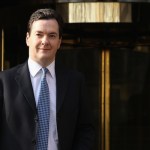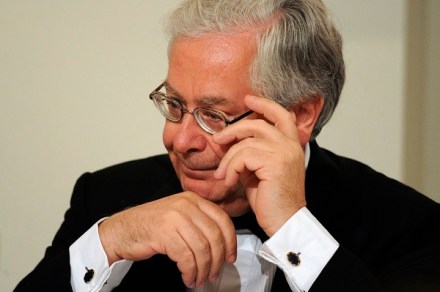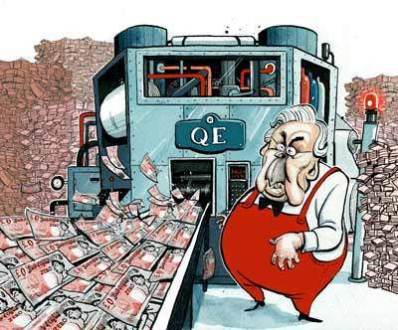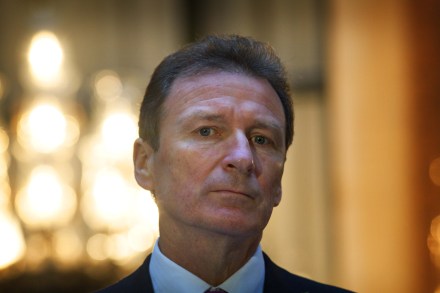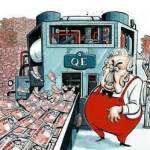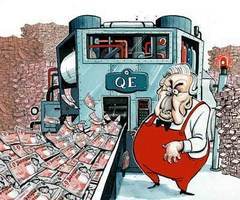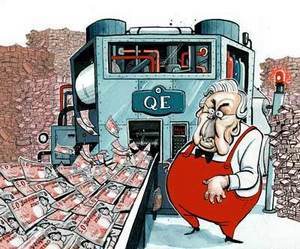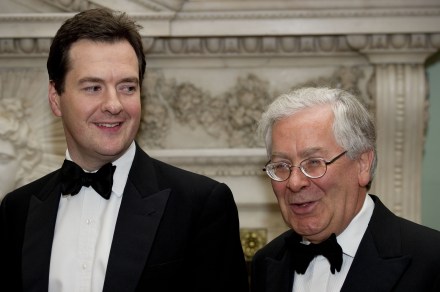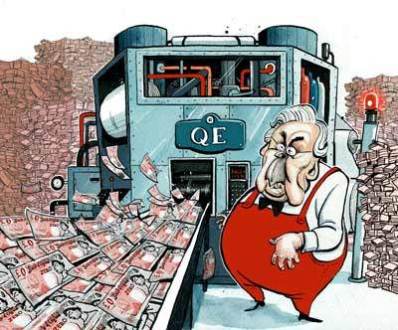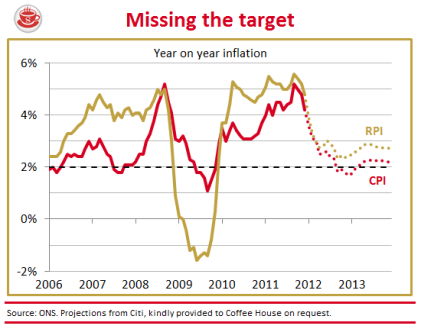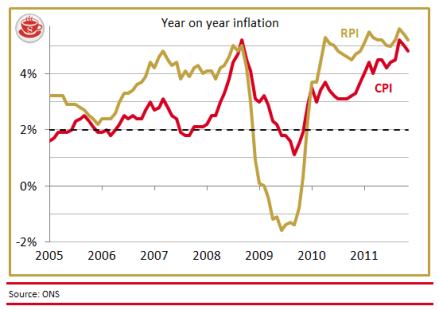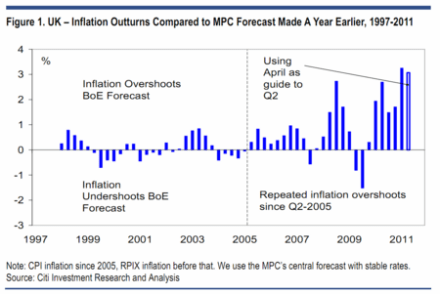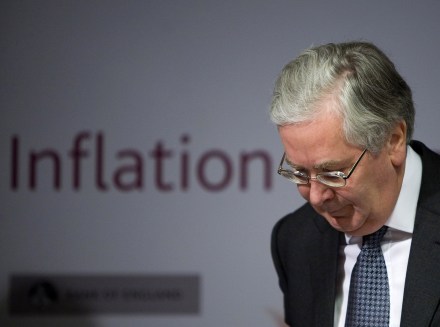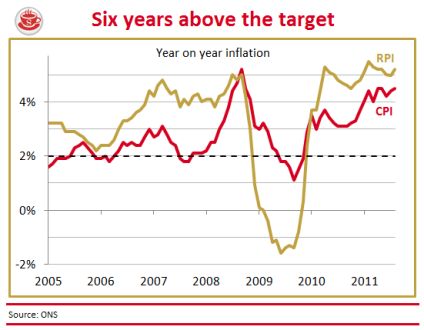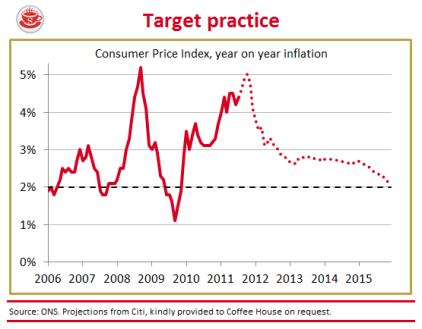Fisking Peston
How to explain the King-Osborne plan to pump more cheap credit into the economy? Robert Peston gave his explanation of last week’s Mansion House speech. Here, our occasional media correspondent, The Skimmer, gives his thoughts on Peston’s thoughts: Peston: The Bank is saying that, in a business-as-usual way, with no stigma attached and at a cheaper interest rate, it will provide the funds that till now it would only provide through its so-called discount window – which is where banks go to borrow in an embarrassing emergency. The Skimmer: Every other central bank in the world has been doing this as part of normal operations for five years now – this



